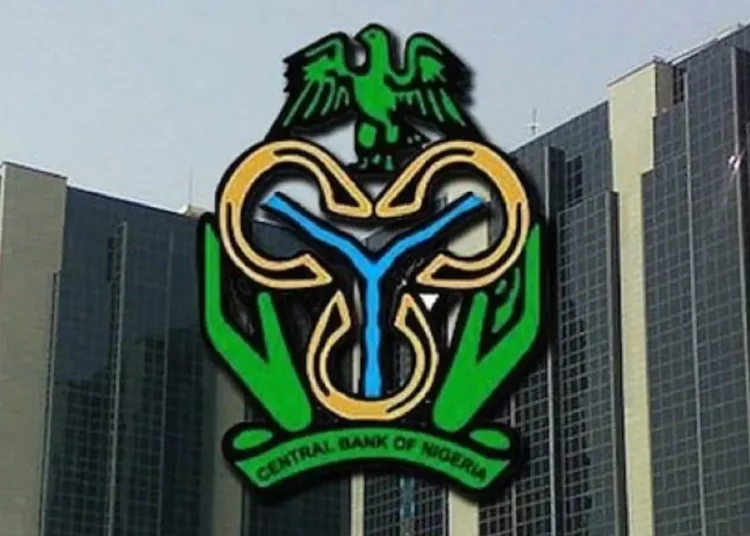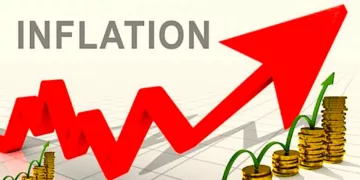The managing director and CEO of Coleman Wires and Cables Industries Limited, George Onafowokan, stated that the Monetary Policy Committee (MPC) of the Central Bank of Nigeria (CBN) is likely to maintain the current interest rates in its upcoming meeting.
The Monetary Policy Committee (MPC) meeting is scheduled to be held on February 19 and 20, 2025.
Speaking on the state of the economy, Onafowokan noted that, while a slight reduction of 0.25 per cent might be possible, the MPC is expected to focus on maintaining stability rather than making drastic changes.
According to him, the economy is already struggling with high interest rates. The impact of a 27.5 per cent Monetary Policy Rate (MPR) translates to commercial interest rates ranging between 35 per cent and 38 per cent, which is unsustainable.
He explained that businesses currently face the challenge of servicing expensive loans, where borrowing N1,000 requires generating over N350 to N380 just to cover interest costs, without considering profit or operational expenses.
He emphasised the need for policies that stabilise the economy to gradually reduce inflation, which would then allow for a decline in interest rates over time.
Onafowokan further highlighted that Nigeria’s business and industrial sectors expect the government to prioritize industrial growth, especially with preparations for the next election cycle beginning in 2025.
Looking ahead, the Coleman Wires CEO urged the government to implement a comprehensive fiscal policy for the industrial sector, emphasizing that such a policy would address high tariff costs affecting raw materials and finished goods.
He stressed the importance of strengthening local content policies across various industries, including power transmission, telecommunications, general construction, and building materials, to drive national economic growth.
On the foreign exchange market, Onafowokan expressed optimism about the recent stability of the naira, which has enabled businesses to plan better and make informed investment decisions.
However, he maintained that further stability is needed to lower inflation and, consequently, reduce interest rates; a key challenge for businesses in Nigeria.
Discussing the government’s directive for the Nigeria Customs Service to increase revenue generation, Onafowokan warned against using customs solely as a revenue-generation tool.
He argued that excessive tariffs and import duties could stifle businesses by raising production costs, ultimately leading to higher consumer prices. MKKInstead, he called for a balanced approach that ensures customs policies support industrial growth while maintaining fiscal discipline.
As the MPC meeting approaches, industry players will be closely watching the CBN’s decision on interest rates, as businesses continue to grapple with economic pressures.





